Different computer users will need different storage. So how much storage do you need for your Mac? Well, let’s dig into it and find out.
Basic computer users
If you are using your computer to browse the web, write emails, watch some Netflix, and look at vacation photos, then you don’t need much storage at all. As a Mac user myself, I would assume first and foremost that if you own a Mac, you are probably also an iPhone and/or iPad user, and thus would have an iCloud account for all of your photos.
iCloud is great, if a little confusing, in that it stores your photos on your iCloud account until you need to call them up. So, if you want to browse through old photos, you don’t need a huge hard drive to save everything on your computer; you simply sync your iCloud account to your Mac.
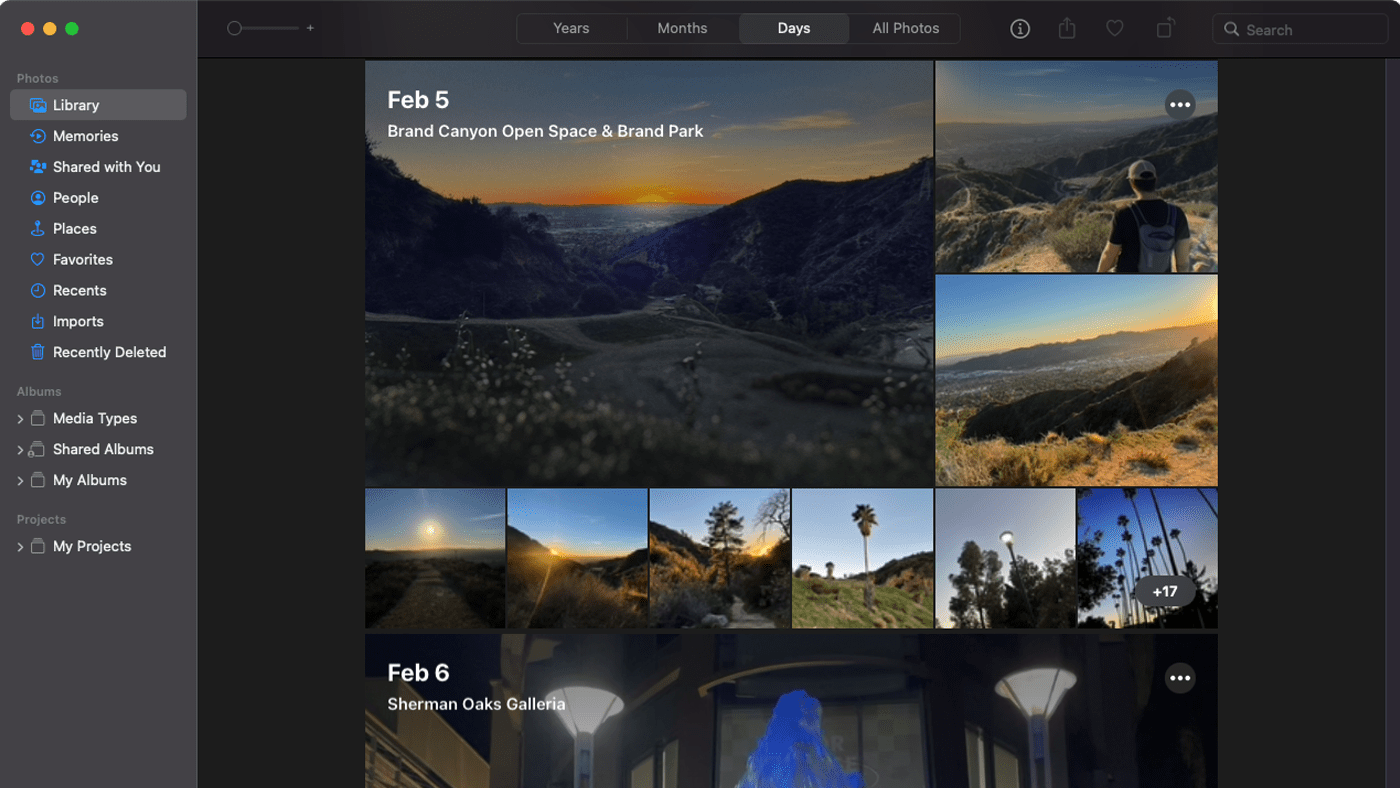
If you wish to save a few of your photos to your computer, they won’t require a ton of storage. Just make sure to clean up what you download after you are done using it.
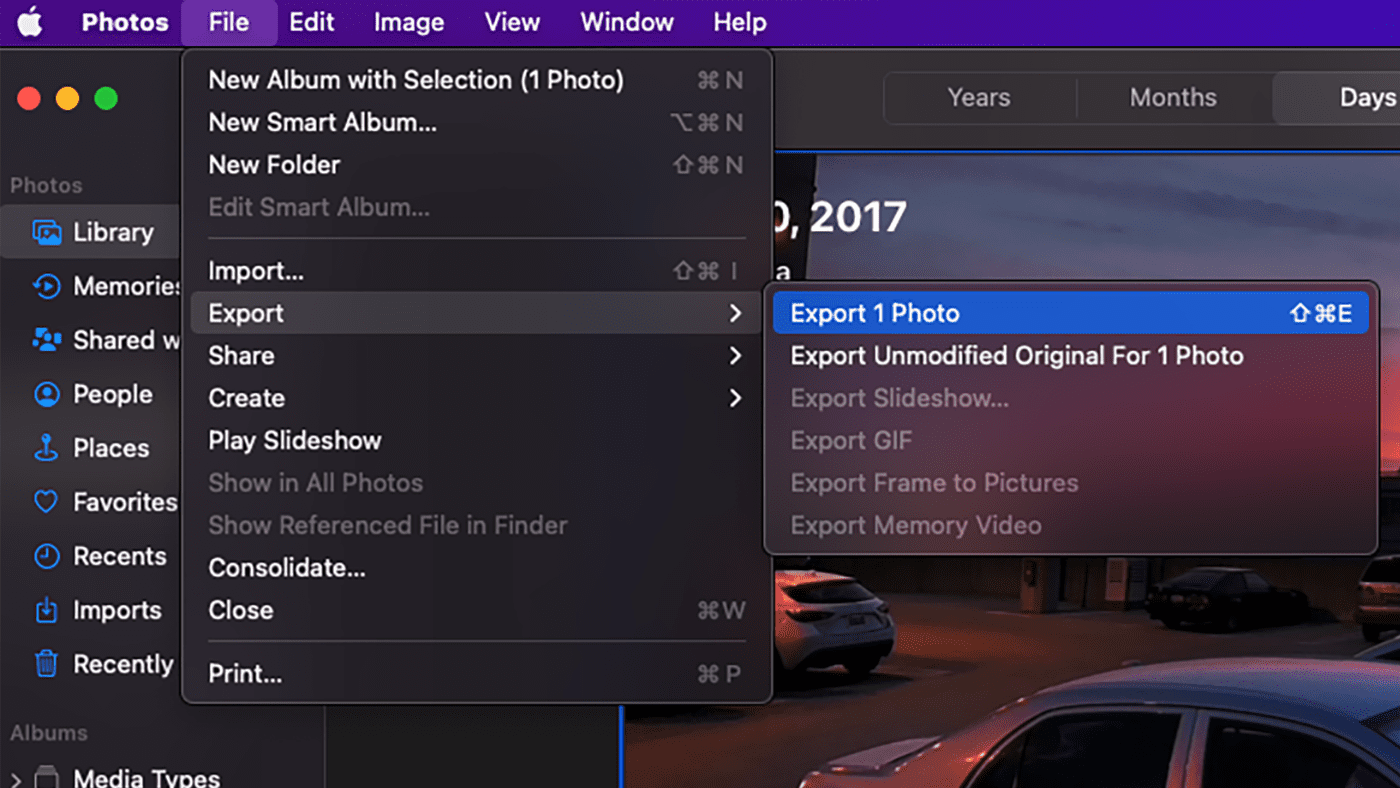
This basic MacBook Air from OWC contains 2 TB worth of storage. That’s more than enough for any basic home computer user. You can store countless photos, more music than you can imagine, and have room left for your basic system files and applications.
Work-from-home users
With so many people working from home, you may find yourself using your personal computer for work reasons. Perhaps you are exclusively using your home computer for work as it’s easier to do everything on a single machine.
Depending on the kind of work you do, it may be time to consider more storage. I’m a video editor and I run a small post-production company, so I deal with tons of files all the time. I do most of my video work on a work machine in my office. However, I do have a computer at home for late-night editing when I don’t want to return to the office.
My home computer is an older MacBook Pro with only 2 TB of storage. This is barely enough to get the job done, so I have an additional 2 TB external hard drive on my desk at all times for those larger projects.
OWC carries tons of hard drive options, but for me at home doing a little bit of light editing work later at night, I don’t need anything fancy. Something like this OWC Pro SX would work great for an extra at-home storage boost on your Mac.
You may not be a video editor, but if you are storing a large number of downloaded files from work, folders full of documents, images, funny GIFs from the company Slack channel, you name it, then having that extra boost of storage is helpful.
Additionally, using an external drive for storing all of your extra files is useful in case you need to be mobile. For instance, if you need to stop into the office once or twice a week you can simply bring your small external hard drive and plug it in at work. No need to carry your entire computer.
Heavy-duty super users
I would consider myself a heavy-duty superuser. I’m all-in on the Mac environment, and I work with many clients on a day-to-day basis doing video work. Video files add up, and there is no way to contain all of them on my machine. So I have quite a few hard drives.
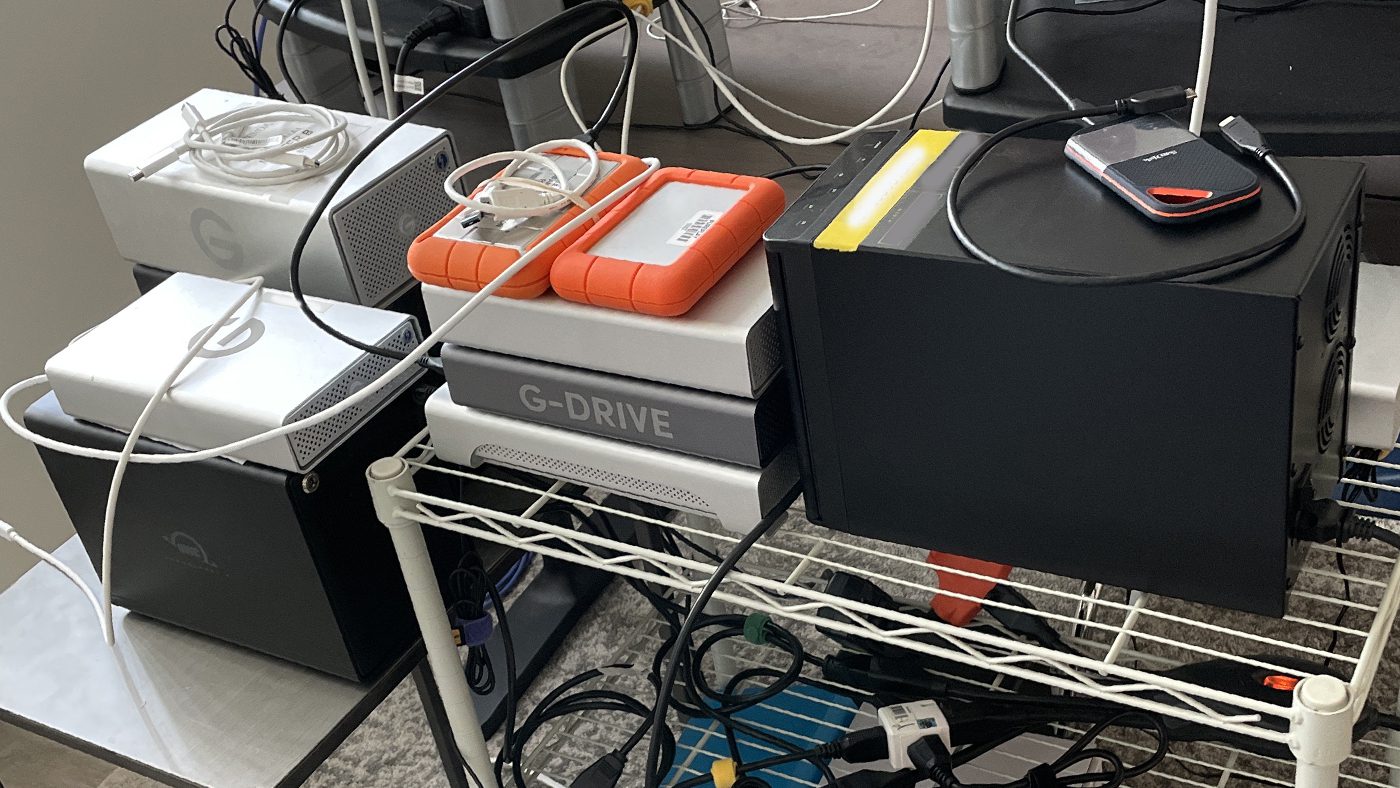
What’s the answer to the question of “how much storage do I need?” for super users? It’s relative. I need all of these hard drives (and the other 30 in my closet) for all of the various projects I’m working on, so for me, the answer is somewhere in the vicinity of 100 TB. But you are likely not in the same boat as me, so maybe you just need a good NAS with 48 TB of free space. Or maybe a single extra 12 TB hard drive would do the trick.
It all depends on your relative needs when you enter the world of needing large storage volumes.
Mobile users
Let’s not forget that there are many Apple users out there who own only mobile devices, like an iPhone, iPad, and Apple Watch, but don’t have a need for a Mac computer. Or maybe they prefer to use a Windows computer.
Let’s talk about how much storage you need on your mobile devices.
iPhone storage
This all comes down to how you use your device. I’m a big proponent of cloud services. I’m very integrated with Dropbox, and I have a large enough iCloud account to store all of my photos. I listen to all of my music on Spotify and watch all of my videos on apps like YouTube or Netflix. For me, phone storage isn’t a big part of my day-to-day. But for those of you who like to load up on apps, be careful, because they can take up quite a lot of space on your mobile device.
If you plan to live in a cloud-connected world at all times, the smallest sized iPhone 13 Pro contains 128 GB of space. That is more than you could possibly need.
However, if you are someone who does not rely on iCloud to backup your photos and videos, and you spend a lot of time creating video assets for TikTok or Instagram, or using video-heavy apps like Filmic Pro to record large video files, you might want to consider a higher-tier 512 GB or even 1 TB iPhone.
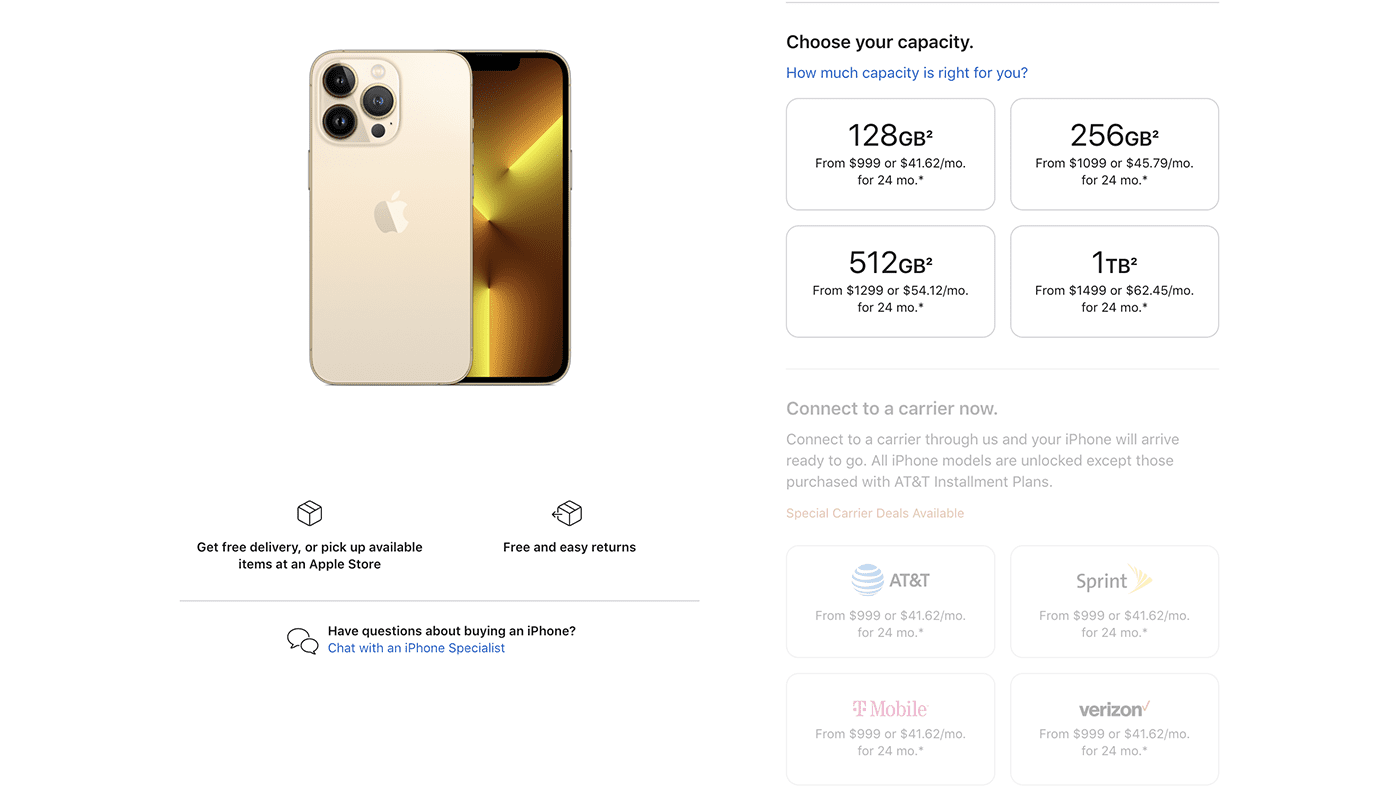
iPad storage
The iPad comes in three models: the original iPad, the Air, and the Pro. Each has its own purpose that we won’t get into in this article. However, the idea behind the iPad is that for many of us, it could completely replace our home computers. That would mean relying on iOS to run all of your necessary software. But if all you’re doing is checking email, watching videos, writing documents, playing iOS games, and video chatting, a small iPad with a small storage capacity would fit your needs easily.
Most of what you do on an iPad is likely going to be coming from a cloud-connected source, like a Google Doc, email, or music streaming service.
Keep it simple
Whatever you choose for your storage needs, keep your storage solution simple. If you can afford to include large-volume storage in the device you are purchasing, whether that’s the computer or mobile device, do it.





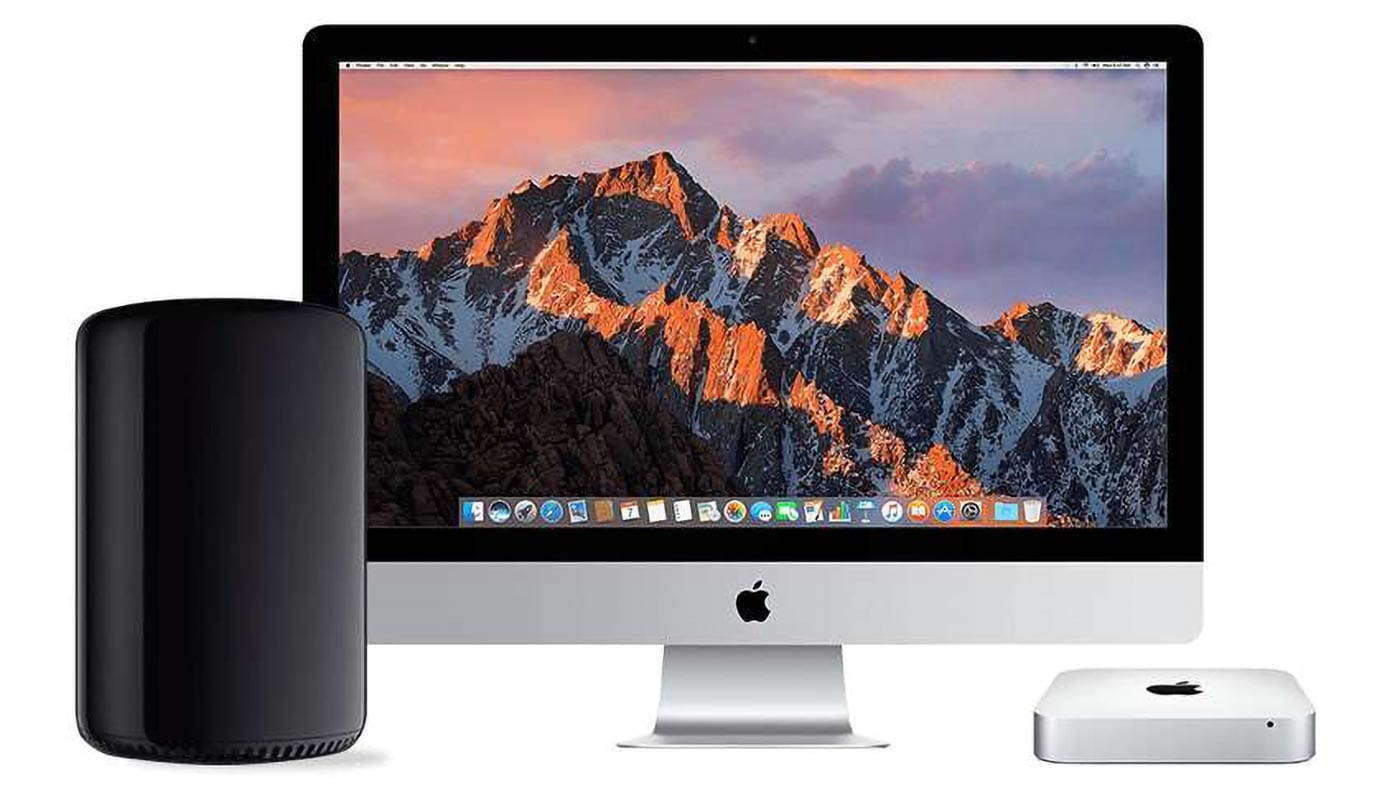


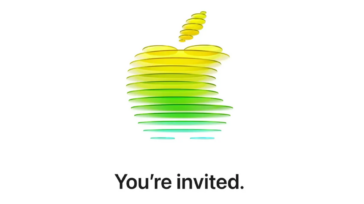
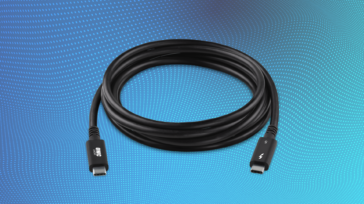


One question no seems to be able to answer regarding storage needs is this: do the file and documents stored on iCloud’s document folder have to been resident on the Mac hard drive, or can they be removed after storing them in the Cloud?